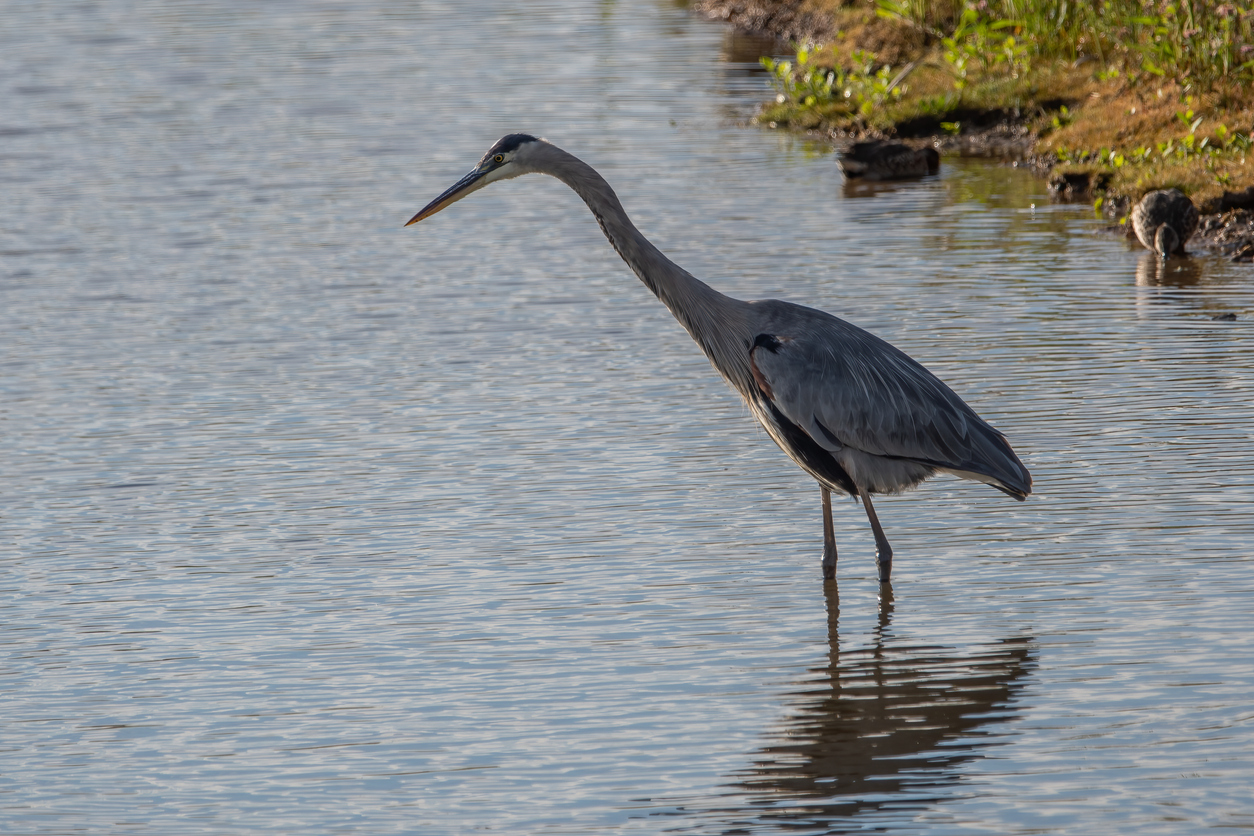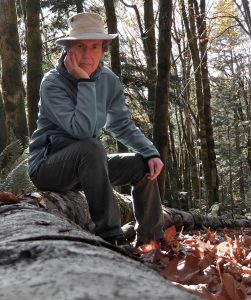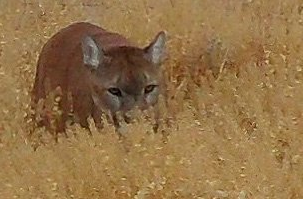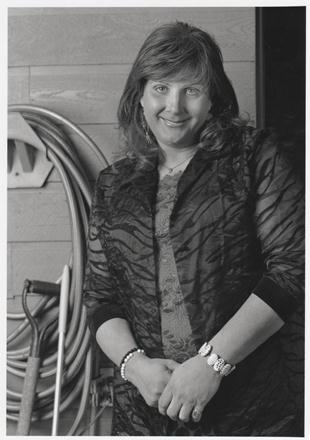
It was a cold and blustery, yet thoroughly splendid fall day when I rounded a corner near the marina and saw the man. He crouched slightly at the bottom of concrete stairs, arms extended, elbows bent and palms facing each other. The most unusual thing was that he remained perfectly still for at least two minutes. He reminded me of a heron waiting for a fish to spear.
He was at the entryway of the path I wanted to take so I paused to figure out what was going on. Then, In one fluid movement, he lowered his arms, raised them and jumped lightly onto the six foot concrete ledge in front of him. The fact that the heels of his feet hung over the edge did nothing to hamper him from slowly and gracefully standing up.
I was awed by his strength and body control. But even more so by his intense focus. And he had good reason to focus. If his jump had failed, he would have fallen backwards onto the concrete, perhaps breaking his back, head or ending his life altogether.
Dumbfounded, I didn’t even see him return to his starting position. But there he was again, crouched at the bottom of the stairs with no discernable signs of movement.
He seemed oblivious to me or anything else but I worried about distracting him, so slowly continued my walk with head tilted downwards, peeking at him from under the brim of my hat as he executed two more perfect jumps.
By now, I was close enough to notice that he was speaking to someone, through Bluetooth ear buds after each jump. Was the person on the other end coaching him? Or were they a safety link in case he fell?
Later, I wished I’d stopped to talk to him but there was no way I wanted to interrupt his concentration. As a writer, I’ve been in a similar state a few times — surfacing from a story to realize hours have passed instead of five minutes, or to discover the faint sound I’d been hearing was really a repairman pounding on the door, irritated that I wasn’t letting him in when he could see me sitting at my desk.
Intense focus is not easy to achieve. Especially these days with cellphones and other devices readily to hand. But it’s an art worth achieving.
Check out the upcoming November blog to read about cougars and focus, as well as scientifically proven ways to generate that state of mind.
Photo credit Joshua Goddard

 I re-read what I wrote the day before, do minimal editing, then plunge ahead.
I re-read what I wrote the day before, do minimal editing, then plunge ahead. 
